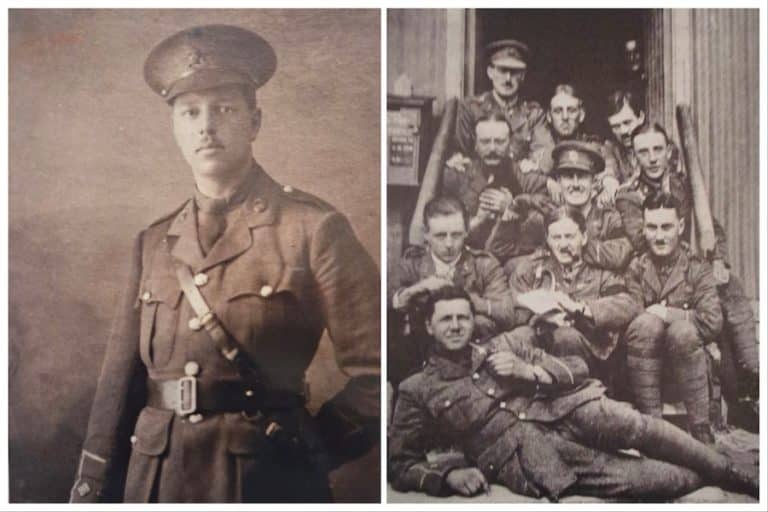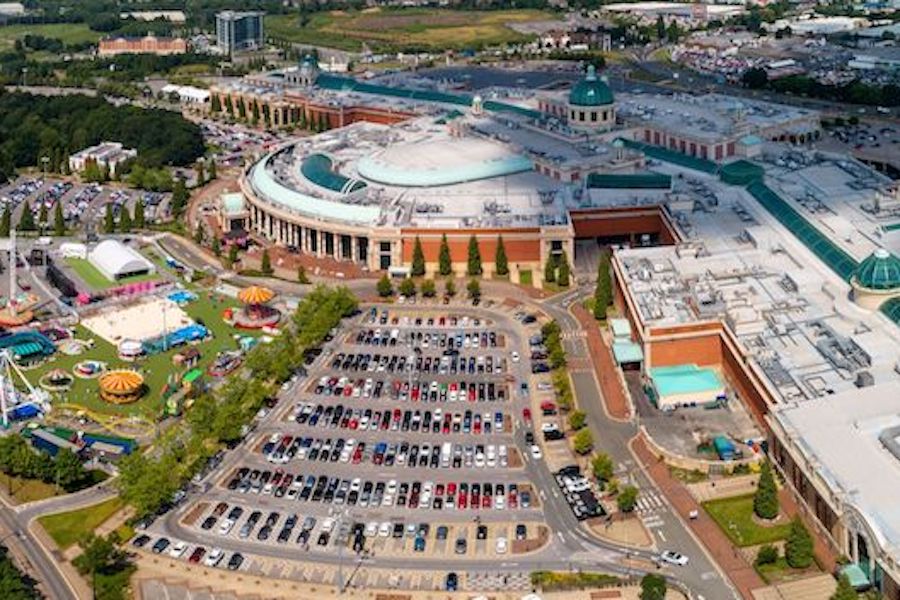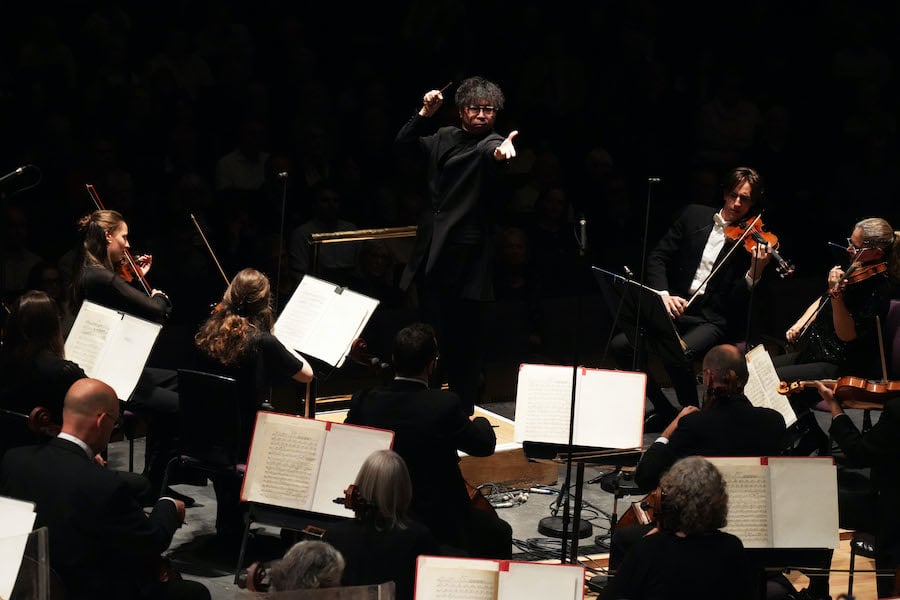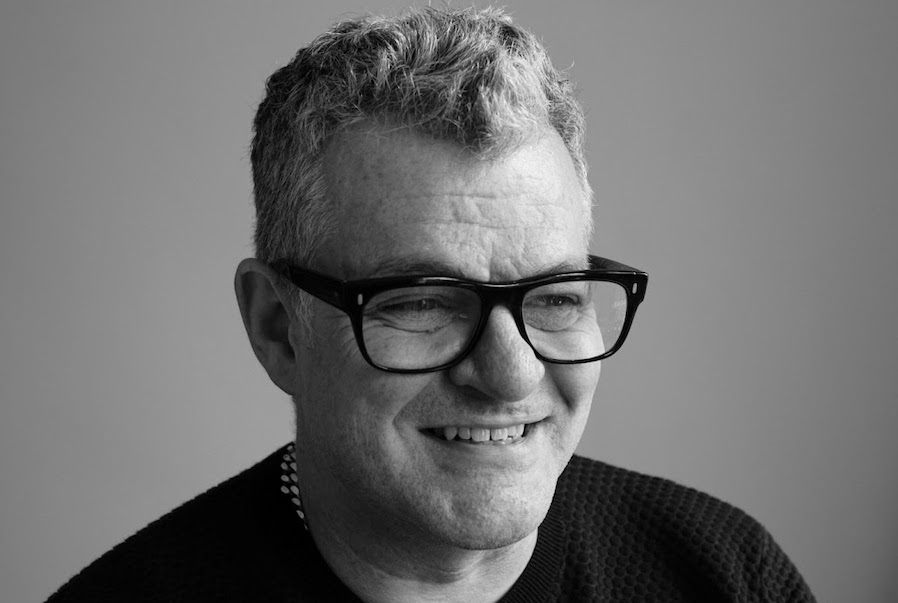New female head chef Rebecca Richardson takes Mr Cooper’s back to its roots with modern British menu
- Written by Louise Rhind-Tutt
- Last updated 5 years ago
- City of Manchester, Food & Drink, People
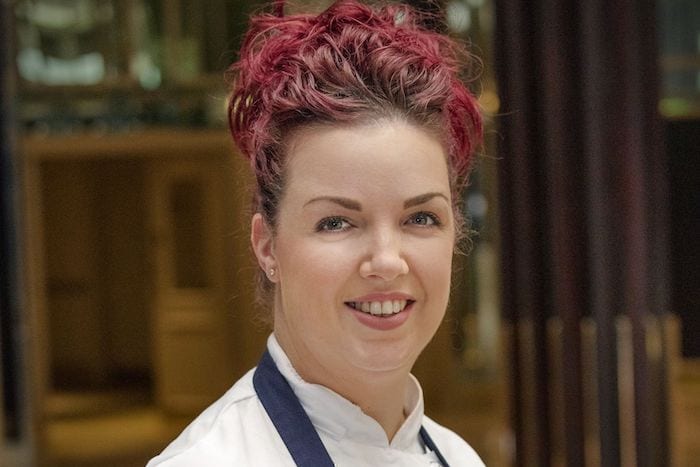
Mr Cooper’s, The Midland Hotel’s modern British brasserie, has appointed Rebecca Richardson as its new head chef.
Longsight-born Rebecca comes to the two AA Rosette Mr Cooper’s from the Marriott Hotel & Country Club in Worsley, where she spent two and a half years. Her first job was under Gary Rhodes and Ian Morgan (“an old-school chef – if you did something wrong you got a pan thrown at your head”) at Rhodes & Co in Old Trafford.
It means a lot to Rebecca to be based at the historic Midland, the hotel which also houses Adam Reid‘s restaurant The French.
“It’s a beautiful building, it speaks for itself,” she says. “You kind of think, ‘if I’ve got to The Midland I’ve done alright’.”
The chef has already made her mark on the menu at Mr Cooper’s. “Before, there were dishes from all over,” she says. “It’s more about going back to the roots of where it all began now. Modern, British, classical food, with as much local produce as possible.”
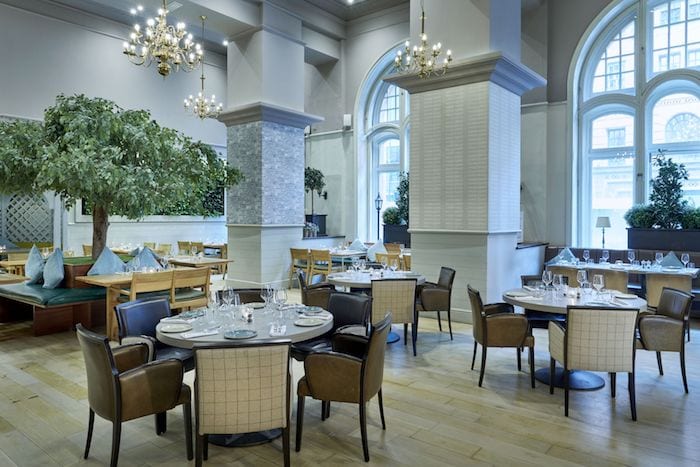
Mr Cooper, a passionate horticulturist intrigued by the science and art of cultivating flowers, fruits, vegetables and ornamental plants, owned a house and garden on the site of the hotel in 1819.
Meat, meanwhile, comes from The Midland’s in-house butcher. “We just do it all downstairs, it’s brilliant,” she says.
Rebecca’s new dishes include Cumbrian lamb rump with English minted peas and squash fondant potato, and braised beef cheek with spring greens and bone marrow crumb. A dessert titled ‘The Allotment’ has chocolate soil, chocolate cherry kirsch mousse, marzipan carrots, strawberry sorbet, baby toffee apples and micro basil mint.
“Food is like fashion, you need to keep up,” she says.
“People like a more casual menu at the moment, maybe a cocktail. There’s a lot of new steakhouses and grills opening, and we’ve opened up the grill section more here too. And there’s some lighter options – grilled chicken, salmon and so on.”
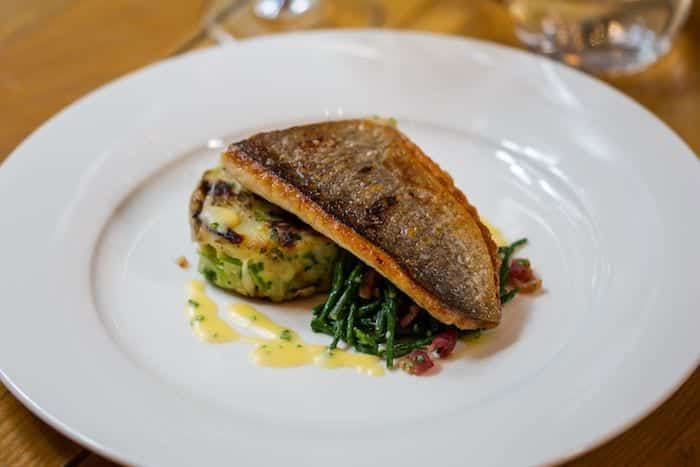
Being based in a world-famous hotel brings its own unique challenges, too. In September, The Midland will see an influx of politicians and media when the Conservative Party Conference comes to town.
It means around 30,000 people coming through the hotel, says Rebecca (“we’ve all had to do photos for security passes”), and catering for at least 200 people a day. That in-house butcher will no doubt be busy.
When she’s not at work, Rebecca likes to eat at nearby Croma pizza and Brazilian restaurant Fazenda, especially at lunchtime, when she finds dining out less of a busman’s holiday. In the evenings she can sometimes find it difficult to switch off from her job.
“I turn into chef mode when the lights go down,” she says. “I start looking around at the staff and thinking, ‘he’s not put that order on yet’ or ‘he’s in trouble’. I just find I’m more relaxed at lunch”.
The exception, she says, is El Gato Negro on King Street. “It’s amazing, you could never pick fault there, you’re really looked after.”
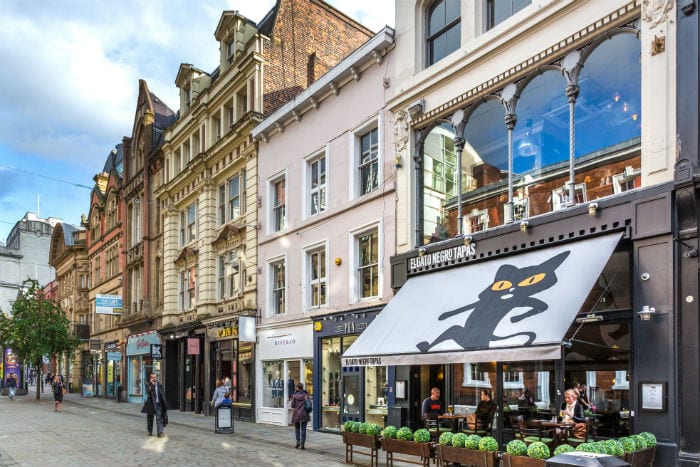
Does Rebecca find being a chef in a male dominated profession challenging, or are times changing?
“Sometimes I’m really aware of it, maybe when I’m talking to a supplier and they say ‘can I speak to the chef?” and I’ll say ‘that’s me’, and then they’ll say ‘can I speak to the head chef?’ and I’ll have to say, ‘you already are’. But there’s still that mentality that it’s a man’s world.”
And the rest of her kitchen staff are all men at the moment, Rebecca says.
“But I like having women in the kitchen, I think they can be more organised and they just get the job done. Women are really good in the kitchen. We just need more of them, and we need to stick together.”
And what about the perceived macho culture sometimes associated with kitchens? With young people less likely to accept behaviour now seen as bullying and more likely to speak out, does that culture still exist in the same way?
There are still a few of the old-school chefs around, says Rebecca, though not so many as there used to be.
“You just can’t do those things now,” she says, referring to the pan-slinging and shouting she witnessed in the kitchen she first began working in as a naive teenager.
“You have to change with the world. You have to care about your staff. And that’s how you get the best out of them, too.”
And Greater Manchester is always changing with the times, too, believes Rebecca, who grew up in Longsight and has lived in Salford for the past 15 years.
“There’s always something going on. In this job, you’re always looking at what everyone’s doing, there’s just always something new happening.
“Manchester’s just always buzzing, isn’t it?”
- This article was last updated 5 years ago.
- It was first published on 19 July 2019 and is subject to be updated from time to time. Please refresh or return to see the latest version.
Did we miss something? Let us know: [email protected]
Want to be the first to receive all the latest news stories, what’s on and events from the heart of Manchester? Sign up here.
Manchester is a successful city, but many people suffer. I Love Manchester helps raise awareness and funds to help improve the lives and prospects of people across Greater Manchester – and we can’t do it without your help. So please support us with what you can so we can continue to spread the love. Thank you in advance!
Got a story worth sharing?
What’s the story? We are all ears when it comes to positive news and inspiring stories. You can send story ideas to [email protected]
An email you’ll love. Subscribe to our newsletter to get the latest news stories delivered direct to your inbox.

The pioneering doctors who changed science forever and inspired the new Netflix series Joy

Green, grand and gorgeous – a deep dive into the redevelopment of Albert Square

English National Opera finds a new home in Manchester making opera accessible to all
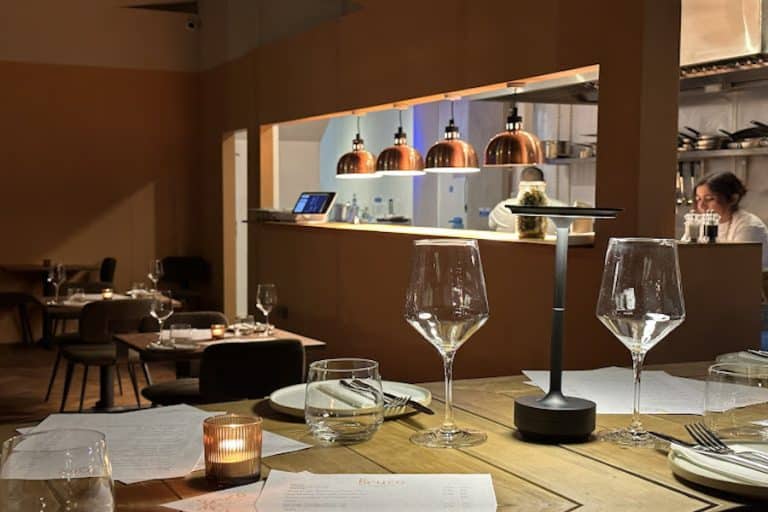
“Great food at excellent value” An authentic taste of Naples arrives in Ancoats
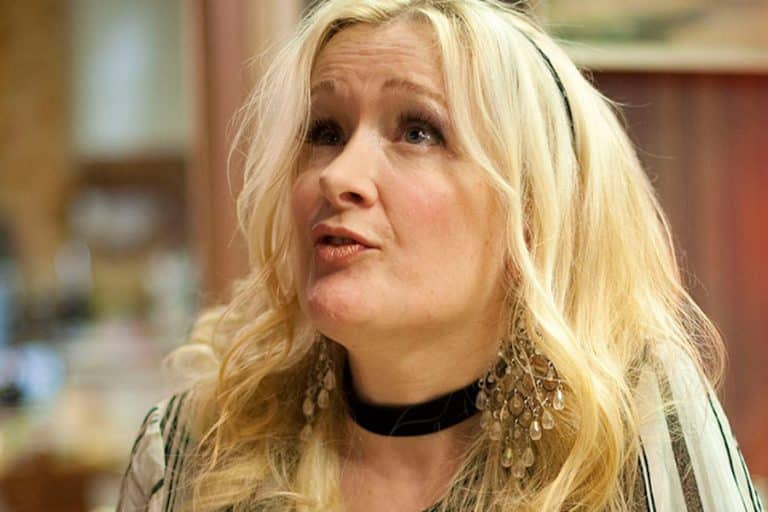
Comedian spearheads campaign for a statue of beloved comic Caroline Aherne
